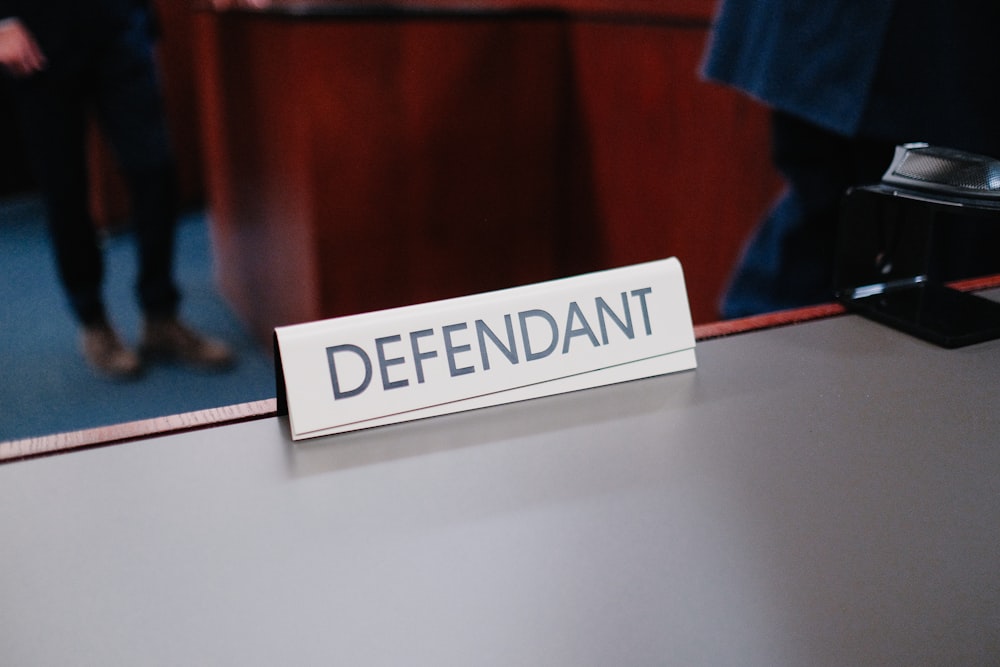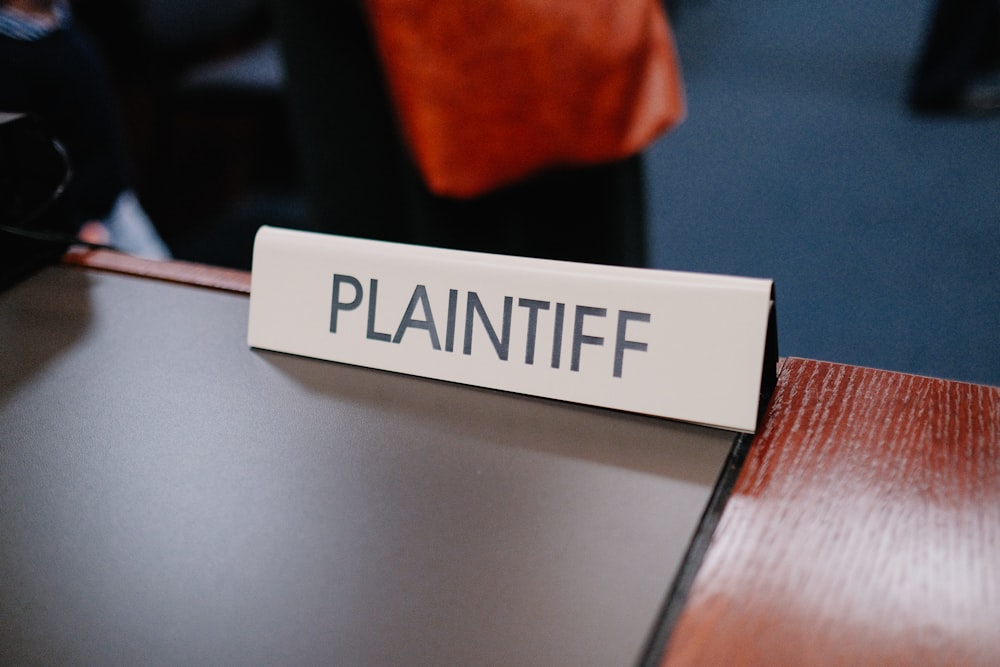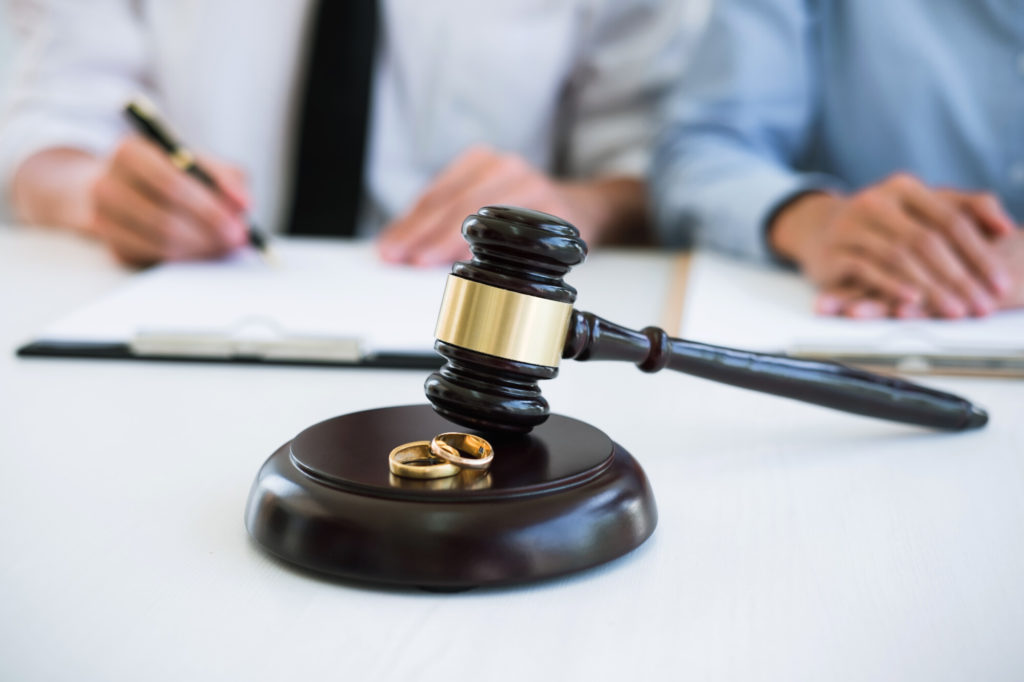Understanding the Role of Precedent
In the intricate realm of law, precedent serves as a guiding light, illuminating the path to legal interpretation and decision-making. Understanding the significance of precedent is essential for navigating the complexities of the legal landscape.
The Foundation of Legal Reasoning
Precedent forms the cornerstone of legal reasoning, providing a framework for judges to analyze and interpret the law. By examining previous judicial decisions, judges can establish consistent principles and guidelines for resolving similar cases in the future. This reliance on precedent fosters stability and predictability within the legal system, ensuring that similar cases are treated similarly.
Interpreting Legal Precedent
Navigating precedent requires a keen understanding of legal principles and doctrines. Judges must carefully analyze the facts and circumstances of each case to determine its relevance to existing precedent. This process involves identifying key legal issues, evaluating the reasoning behind previous decisions, and applying relevant precedent to the current case at hand. Through this methodical approach, judges can arrive at well-reasoned and principled decisions.
Balancing Precedent and Flexibility
While precedent provides a valuable framework for legal interpretation, it is not inflexible. Judges must strike a delicate balance between respecting established precedent and adapting to evolving societal norms and values. In cases where precedent is unclear or outdated, judges may exercise discretion to depart from precedent in the interest of justice. However, such departures must be carefully reasoned and justified to maintain the integrity of the legal system.
The Role of Stare Decisis
Stare decisis, or the principle of precedent, plays a central role in guiding judicial decision-making. Under this principle, courts are generally bound to follow the decisions of higher courts within the same jurisdiction. This adherence to precedent promotes consistency and uniformity in the application of the law, while also ensuring respect for judicial authority and hierarchy.
Challenges in Navigating Precedent
Despite its importance, navigating precedent is not without its challenges. Legal precedent can be complex and multifaceted, requiring judges to carefully analyze and reconcile conflicting decisions. Moreover, the proliferation of case law in the digital age has made it increasingly difficult to identify relevant precedent and distinguish between binding and persuasive authority. As such, judges must possess strong analytical skills and legal acumen to effectively navigate the vast body of precedent.
The Evolution of Precedent
The concept of precedent has evolved over time in response to changes in legal theory, societal norms, and technological advancements. While traditional forms of precedent relied primarily on judicial decisions, modern legal systems also incorporate statutory law, administrative regulations, and international treaties as sources of precedent. This expanded notion of precedent reflects the dynamic nature of the legal landscape and the need for courts to adapt to new challenges and circumstances.
The Globalization of Precedent
In an increasingly interconnected world, the influence of precedent extends beyond national borders. Courts often look to foreign and international precedent for guidance on emerging legal issues and best practices. This globalization of precedent underscores the importance of comparative legal analysis and cross-cultural understanding in modern legal practice. By drawing on a diverse array of precedents, judges can enrich their decision-making process and promote greater consistency and coherence in the administration of justice.
Conclusion
In conclusion, navigating precedent is an essential skill for judges and legal practitioners alike. By understanding the role of precedent in legal interpretation, judges can uphold the principles of consistency, fairness, and justice that form the bedrock of the legal system. Through careful analysis and reasoned decision-making, judges can navigate the complexities of precedent to arrive at just and equitable outcomes. Read more about Precedent





